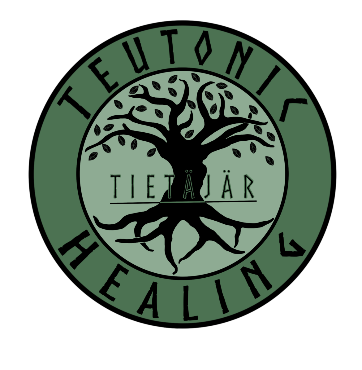We’ve launched a new type of podcast series within our Shamanic Voices podcasts, available on Spotify, Audible, Apple Podcast and several other media. Our last several podcasts are also up on our Teutonic Healing YouTube channel in video format.
“Noble Lives” is about covering the personal alchemy by which the dross of negative or challenging circumstances is transmuted into the satisfactions of a life well lived. We hope to show how our guests, some of whom will remain anonymous, turned tragedy into triumphs, limitation into mind expansion, and despair into positive expectation.
We hope to show the coping mechanisms which they used, even the ways a person who copes successfully frames his or her experiences in order to move through and past the difficulties which they encounter.
The story, the narrative, has always served a role of healing in the tribe, the village, the community, even in the family. The story is the fruit of one of the nine daughters of Zeus and Mnemosyne (personification of memory). They personify knowledge in the arts, such as music, dance, poetry, literature, and history. Clio is the Muse of personal history, just as, in our Norse Theology, She is Saga. The Muses were so important to Mediterranean Cosmology that even during the Italian Renaissance, it was not uncommon for wealthy families such as the Borgias to have two chapels on their estates, one was to placate the Catholic authority and the other was for the Muses.
What, then, is the Power of the story, the history, the narrative in a therapeutic sense? It is the transformation of the personal, the isolated concentration of suffering, into the understanding of the wider human condition and one’s place in a universal drama or even tragedy. One gets glimpses of this through works such as Albert Camus’ 1942 essay Le mythe de Sisyphe (The Myth of Sisiphus) in which he explores the human will and courage in facing an inescapable fate of repetitive struggle and loss. The story takes the ‘sting’ out of the personal issue, lifts it into the Universal and therefore, by the Grace of the Shining Ones, allows a transcendence, an overcoming, echoing Nietzsche’s sense of music and drama as a means of overcoming tragedy. In that moment, the person is no longer stuck in a repetitive cycle of suffering, but has joined in a cosmic dance of triumph. If Kali had brought the conditions of destruction, then Lakshmi brought the compassion to understand the impositions, limitations, and losses of those who yet fight for meaning against the wall of adversity, and finally, Brahma reasserts the rebirthing of meaning and order over the dross of destruction through the transcendental act of new creation.
The story, like all art, takes us out of our own dramas, our own limiting and painful cycles of experience, and lets us feel the unity of all those forces of Light. It is a common misunderstanding by New Agers that a the profound darkness of exploitation, torture, or authoritarian repression are “necessary” for there to be cosmic balance. The balance can be simply between a higher and a lower state of being, wherein the lower end of it can be defined merely by lack, by insufficiency, not by pain and suffering, but by deficiencies which are being remediated. We need not embrace nor validate the terrorist, the pedophile, the oppressions of a thought police, or corrupt authority that turns laws against the lawful for political gains in order to find a counterweight for all that is positive. If we lift it all up, the positive can be balanced merely by the less positive, not by the horrible.
In the story, the narrative, we externalize the pain, the longing, the unfulfilled need. We pluck out the thorn and burn it for warmth. It is no longer the stabbing personal matter, but part of the cosmic dance. This depotentiates it. Such is the Power of story, the power of our imaginations and, ultimately our collective vision. Hopefully, as Noble Lives unfolds with several biographical episodes for each of its subjects, we shall all see and feel the overcoming and incorporate it into our own lives.
